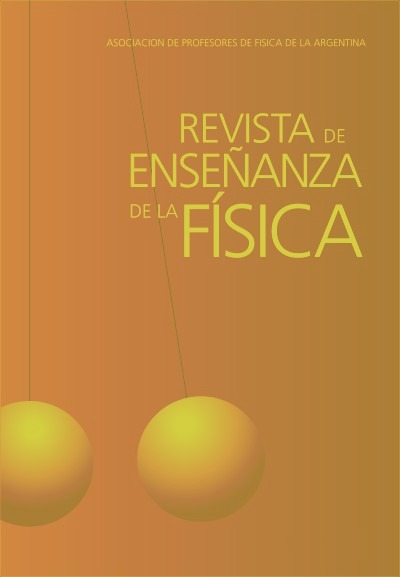El uso de actividades experimentales simples para la enseñanza de geometría molecular: el caso de las cajas didácticas
Palavras-chave:
Actividad experimental simple, Caja didáctica, Aprendizaje de la química, Modelo del laboratorio extendidoResumo
Este trabajo muestra algunos de los resultados de una tesis de grado de la carrera Enseñanza de las Ciencias Naturales en la UNED de Costa Rica, sobre el análisis de las actividades experimentales simples (AES) como una estrategia para la enseñanza de la temática de geometría molecular en la asignatura de Química a nivel de educación media, desde la lógica del modelo del laboratorio extendido (MLE) empleando una AES denominada cajas didácticas. La estrategia se aplicó a 32 estudiantes de décimo nivel del Colegio Experimental Bilingüe de Palmares, donde se extrajo a través de una lista de cotejo y un cuestionario tipo Likert las apreciaciones de estos luego de desarrollar la AES propuesta. Los resultados arrojaron datos alentadores donde los estudiantes reconocieron una ganancia en el aprendizaje al realizar el estudio de la geometría molecular con la caja didáctica. Se destacaron la mejora de la capacidad de comprensión del tema, el fomento del componente experimental, el desarrollo de habilidades cognitivas y el desarrollo de procedimientos sensoriomotores. En conclusión, la propuesta supone
Downloads
Publicado
Edição
Seção
Licença
Copyright (c) 2022 Melissa Quesada-Solís, Eric Montero-Miranda

Este trabalho está licenciado sob uma licença Creative Commons Attribution-NonCommercial-NoDerivatives 4.0 International License.
Aquellos autores/as que tengan publicaciones con esta revista, aceptan los términos siguientes:Los autores/as conservarán sus derechos de copiar y redistribuir el material, bajo los términos estipulados en la Licencia de reconocimiento, no comercial, sin obras derivadas de Creative Commons que permite a terceros compartir la obra bajo las siguientes condiciones:
- Reconocimiento — Debe reconocer adecuadamente la autoría, proporcionar un enlace a la licencia e indicar si se han realizado cambios. Puede hacerlo de cualquier manera razonable, pero no de una manera que sugiera que tiene el apoyo del licenciador o lo recibe por el uso que hace.
- NoComercial — No puede utilizar el material para una finalidad comercial.
- SinObraDerivada — Si remezcla, transforma o crea a partir del material, no puede difundir el material modificado.
- Los autores/as podrán adoptar otros acuerdos de licencia no exclusiva de distribución de la versión de la obra publicada (p. ej.: depositarla en un archivo telemático institucional o publicarla en un volumen monográfico) siempre que se indique la publicación inicial en esta revista.
- Se permite y recomienda a los autores/as difundir su obra a través de Internet (p. ej.: en archivos telemáticos institucionales o en su página web) antes y durante el proceso de envío, lo cual puede producir intercambios interesantes y aumentar las citas de la obra publicada. (Véase El efecto del acceso abierto).











